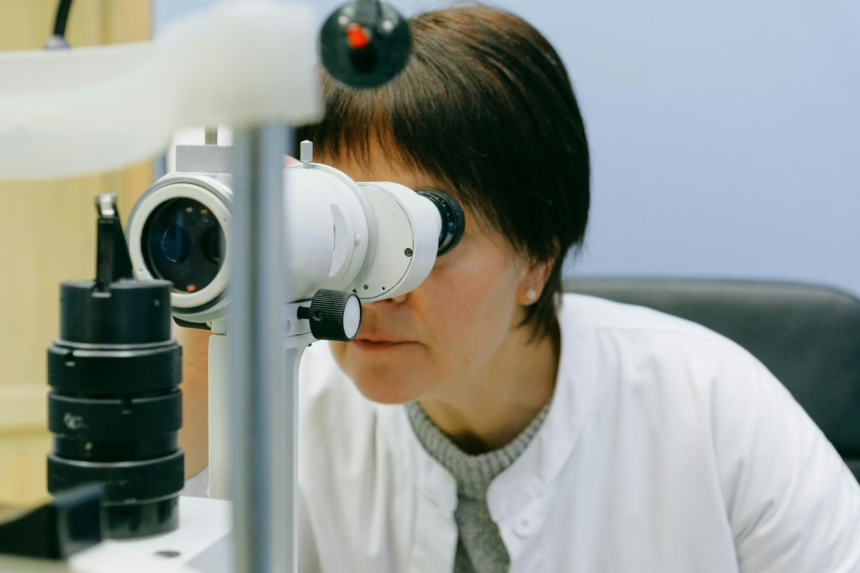When Science Becomes a Political Football
The discourse surrounding vaccines has become increasingly contentious, a trend that is as concerning as it is potentially damaging. In an era where scientific advancements should be celebrated for their role in public health, we are witnessing a perplexing rise in skepticism, particularly from what the Le Journal de Montréal describes as an “antiscientific attitude totally unfounded and extremely dangerous” emanating from certain political spheres.
The Enduring Power of Vaccination
To understand the gravity of this shift, it’s crucial to revisit the foundational impact of vaccines. Historically, vaccination represents one of humanity’s most profound triumphs against disease. Diseases that once ravaged populations, causing widespread death and disability – such as smallpox, polio, and measles – have been significantly curtailed, and in some cases, eradicated, thanks to widespread immunization programs. The Le Journal de Montréal article highlights this by stating, “vaccines remain one of the greatest medical advances in the history of humanity.” This is not mere rhetoric; it is a testament to decades of scientific endeavor and public health success.
Examining the Roots of Current Vaccine Hesitancy
The article specifically points to the current US administration’s stance as a source of concern. While the exact nature of this “denigration” is not detailed in the summary provided, it suggests a political climate where established scientific consensus on vaccine efficacy and safety is being undermined. This creates a dangerous precedent, potentially eroding public trust in a cornerstone of modern medicine. The implications of such a stance are far-reaching, impacting not only immediate public health efforts but also long-term scientific research and public health infrastructure.
The Scientific Imperative vs. Political Narratives
The core of the issue lies in the distinction between scientific evidence and political messaging. The development and approval of vaccines are rigorous processes, involving extensive clinical trials and ongoing monitoring for safety and efficacy. Regulatory bodies worldwide, such as the U.S. Food and Drug Administration (FDA) and the European Medicines Agency (EMA), adhere to strict protocols to ensure that vaccines meet high standards before being made available to the public. The Le Journal de Montréal emphasizes that the current skepticism is “totally unfounded,” suggesting a disconnect from this established scientific framework.
When political actors question or dismiss the scientific consensus on vaccines, they risk sowing seeds of doubt that can have tangible consequences. This can lead to decreased vaccination rates, leaving communities more vulnerable to outbreaks of preventable diseases. The article’s assertion of this attitude being “extremely dangerous” underscores the potential for real-world harm.
The Tradeoffs: Public Health vs. Individual Choice in a Polarized Environment
The debate often crystallizes around the balance between collective public health and individual autonomy. While individuals have the right to make decisions about their health, these decisions can have externalities that affect the broader community, particularly those who cannot be vaccinated due to age or medical conditions. Vaccines are a prime example of an intervention where herd immunity—the protection afforded to vulnerable individuals when a large percentage of the population is immune—is paramount. Undermining confidence in vaccines weakens this crucial shield.
Furthermore, the politicization of science can distract from the urgent need for continued research and development in infectious disease prevention. Investing in and trusting scientific institutions is vital for preparing for future health challenges.
Implications for Future Public Health Initiatives
The erosion of trust in vaccines, fueled by unsubstantiated skepticism, poses a significant threat to public health preparedness. If the public becomes wary of established medical interventions, it could hinder responses to future pandemics or the resurgence of previously controlled diseases. The article’s strong condemnation of this trend suggests that the consequences are not theoretical but represent an active danger to societal well-being.
It is imperative that public discourse be grounded in factual evidence and expert consensus. This requires clear communication from scientific bodies and responsible reporting from media outlets. The Le Journal de Montréal piece serves as a reminder that scientific advancements, once hailed as miracles, should not be casually dismissed.
Navigating the Information Landscape: A Call for Critical Assessment
In a world saturated with information, consumers of news and health advice must exercise critical thinking. When evaluating claims about vaccines or any medical treatment, it is essential to consult reputable sources such as:
- Official public health organizations (e.g., the Centers for Disease Control and Prevention – CDC, the World Health Organization – WHO).
- Peer-reviewed scientific journals.
- Government health agencies.
The Le Journal de Montréal article’s framing of the issue as an “antiscientific attitude” suggests that information contrary to scientific consensus is gaining traction, making diligent research more important than ever.
Key Takeaways for a Healthier Dialogue
- Vaccines have a proven track record of saving lives and eradicating devastating diseases.
- Scientific consensus on vaccine safety and efficacy is robust, based on decades of research and monitoring.
- Political rhetoric that undermines established science on vaccines is “extremely dangerous,” according to Le Journal de Montréal.
- Public trust in vaccination is crucial for maintaining herd immunity and preventing outbreaks.
- Critical assessment of information sources is vital in combating misinformation.
A Shared Responsibility for Public Health
The scientific community and public health officials have a responsibility to communicate clearly and transparently about vaccines. Equally, individuals have a responsibility to seek out credible information and engage in informed discussions. The continued success of public health hinges on our collective ability to prioritize scientific evidence over politically motivated narratives.


